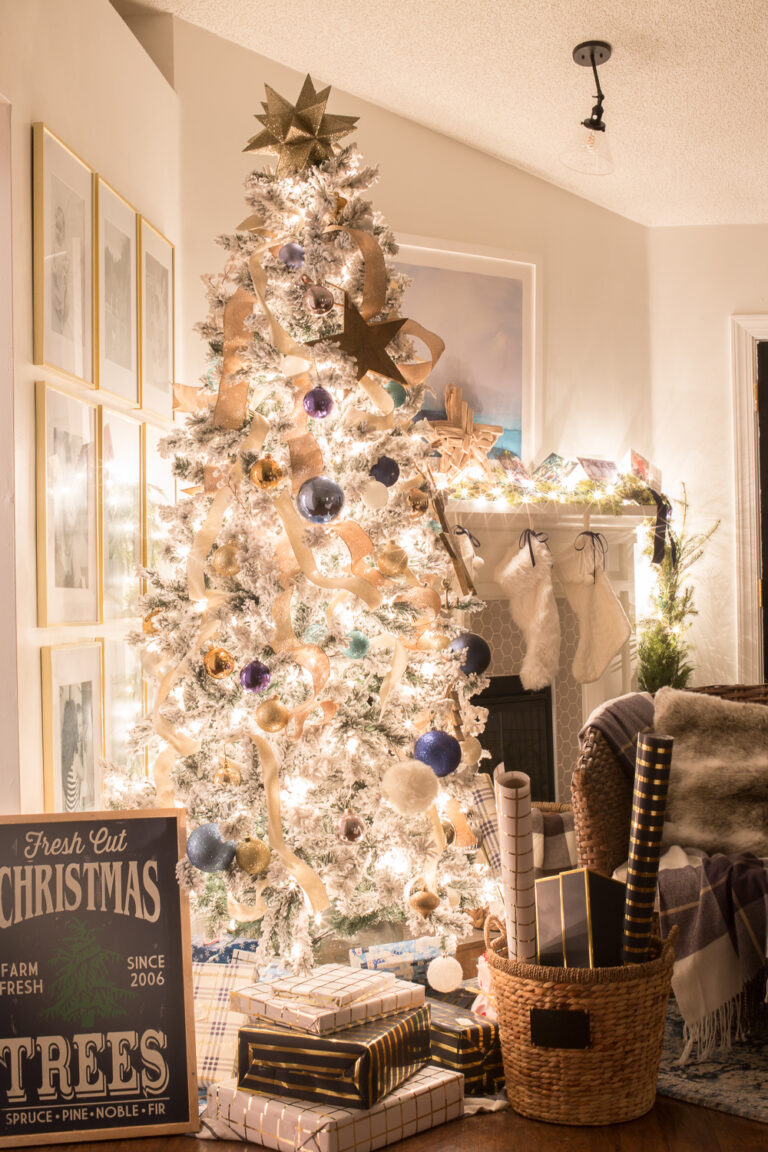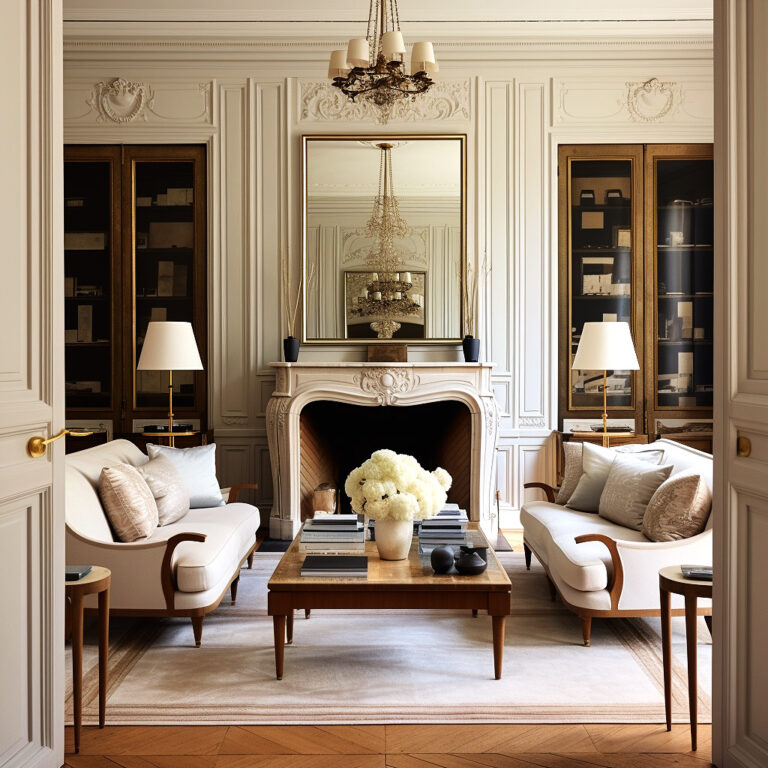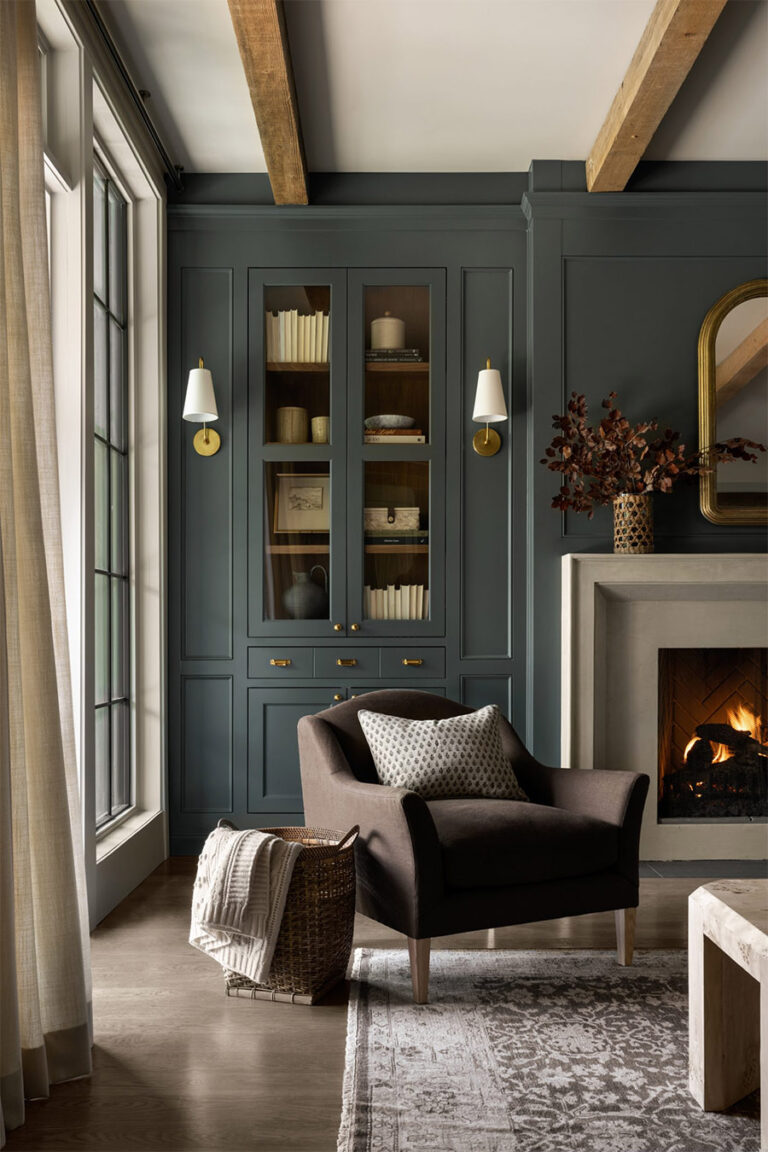How To Plan Your Budget for a Renovation
This post may contain affiliate links. If you make a purchase through one of my links, I may make a small profit at no expense to you. For further information, please view my policies.
Renovations are a great way to increase the value of your house and make your home more comfortable. However, renovations can be expensive, especially if you’re not financially prepared for them! If you’re planning on renovating, it’s important to have a realistic budget before you begin.
Here are some tips on how to plan your budget for renovation!
First things first: what do you really want?
The first step is figuring out what your goals are for the project. Do you want a completely new space? Or do you just need some cosmetic updates? Are there any features that you absolutely must keep? What about features that are fine as is but could just use some cosmetic improvements?
Also, WHY are you doing the work? Is it for resale, or because you are looking to improve the home for yourself and your family?
Once you’re clear on what your goals are, it will be easier to figure out how much money to spend on each aspect of the project – and where to cut costs when necessary.
For example: if your goal is a complete overhaul, you’ll likely need to spend more money on things like structural changes, electrical work, and plumbing. On the other hand, if you’re just looking for some cosmetic updates, painting and new hardware might be all you need, which means you might be able to spend more on some nice cabinet hardware and fixtures. Whereas if you were doing a complete kitchen remodel, then cabinet hardware would probably be one of the first things you’d try to save on. So it all depends on the big picture!
It’s important to look at your space and understand what you want and need to change. Be clear on what is a “MUST HAVE”, versus what is a “would be nice”. Write that down somewhere and check back periodically to make sure you’re still on the same page as your initial plan. If things start swaying too much, your initial plan will act as an anchor when things get overwhelming.
Once you have a realistic idea of what your goals are, it’s time to start planning your reno!
Set a time frame for your project

It’s important to set a time frame for your project. This will help you stay focused and organized (hopefully!!) as you work through each phase of the process.
Is your timeline flexible, or do you have a hard date by which all the work needs to be completed?
This variable can affect renos in a big way!
Being flexible with timelines means being able to complete the work over time and being able to save up. Whereas if for example you’re selling your property, or for whatever reason you have a hard deadline for the renos, it means you need to be a lot more organized. It also means that you need to have more cash on hand.
Which brings me to the next point…
Sort your finances: How much do you have?

Once you’ve decided which areas of your home need attention, create a budget based on how much money you can spend over time. It’s also important to consider how much time each project will take and how long it will be until your next paycheck arrives.
If your budget is a little tight, say, $5,000, then it’s not going to be possible to renovate every room in your house. You’re going to have to make some choices as to what work needs doing and what doesn’t.
If you don’t have enough money to cover the cost of renovating, some people ask their banks for a loan to cover their renos.
If your finances are not stable enough that you can borrow money from banks, there is another option: low budget home renovation ideas. By choosing lower budget projects (we’re talking under 5k), it won’t set you back nearly as much as doing a full blown reno. The great thing is that if these jobs are done properly, it can still give the same effect as having had expensive renovations done on your home.
Get quotes and talk to professionals before you start renovating
Get quotes from different companies in order to make sure that you are getting the best price for your budget. Getting multiple quotes is essential if you want to make sure that you’re getting top-quality products, services and of course the best possible deal.

You need to have a somewhat accurate idea of how much your renovation will cost. If you’re planning a large-scale renovation, it would be wise to get a second opinion from another professional who could examine the details of your project and give you an accurate quote so that you can make the most informed decision possible when planning your budget for renovations.
A renovation budget planner can help you plan for unexpected expenses during these types of projects, so it is important for homeowners to do their research before hiring any contractors or making any purchases when taking on this type of project.
Get quotes from different contractors so that they can give you an estimate of how much money it will cost them to do the work. This will help narrow down which contractors are right for your project based on their prices.
Figure out what work you can do yourself

It’s pretty obvious – but whatever work you can manage to do yourself without hiring out, will save you hundreds, if not thousands of dollars. Consider which jobs you feel confident tackling on your own, and write those down, versus the work that needs to be contracted out. Then get quotes and weigh the costs and benefits of hiring out versus doing yourself.
DIY’ing usually takes a little longer and can risk looking not quite as professional, but it saves you (a lot of) money. Hiring pros will cost more, but may end up looking better and getting done faster, although this is not always necessarily true!! Hire wisely!
Be prepared for the unexpected

The hope is always that everything will go as smoothly as possible during a reno! But let’s be honest, the more money you have saved up or available in your line of credit, the better off you’ll be if something goes wrong during a renovation project. We always hope that it won’t, but … things can happen.
When it comes to renovations, there are always things that come up unexpectedly (like needing additional materials). To plan for these unexpected costs, make sure to build any additional costs into your overall budget as well. The best way to do this is by trying to set aside 20% more than what you think will be required as a contingency fund. It’s a good safety buffer to have – if you don’t need to the money, great! But if you do, you’ll be relieved that you factored it in. ☺️
If you’re not sure how much something will cost or if there are any hidden costs associated with the renovation process, ask around or hire someone with experience in home renovations.
Avoid Overspending on the kitchen and bathrooms
While it is true that upgrading your kitchen and bathroom can increase the value of your house, you also need to be careful about spending too much. The kitchen and bathroom are usually the most expensive rooms to renovate, and they’re also usually the first rooms prospective buyers look at when viewing homes for sale.
But if you spend too much money on these areas and neglect other aspects of your home—like its overall condition or appearance—you could technically end up losing money instead of making it.
Also, it doesn’t make sense to spend 75k on a 200k home because you just won’t make it back when you resell. You’re better off sprinkling the money across multiple areas of your home and figuring out which upgrades will get you the most resale bang for your buck.
Avoid Doing Anything Too “Funky”

I am 100% all for making a space feel all yours and personal! But you’ll want to really be wary of making any major, permanent changes that could appear “funky” to future buyers.
It’s hard to define in just a few words what funky means, but it’s basically those things that people see and they think ‘oh that’s weird, why did the homeowners do that?’ 🤔 And usually they are things that are an expense or a big hassle to change (or both). Those are the things that can become deal breakers for future buyers. If there is any possibility that you will want to sell your property in the future, it’s always good to remember that things that appear funky are harder to sell. It’s just the way it is.
Making permanent, over-personalized changes to major things like for example the home’s layout, removing bathrooms or bedrooms to make larger rooms, removing upper kitchen cabinets to do open shelving in the kitchen, major exterior hardscaping projects – those are just a few examples of things to REALLY think twice about before pulling the trigger. I’m not saying don’t do it, but I’d recommend consulting with your realtor before moving ahead. They can tell you whether or not the changes you want to make will be appealing to future buyers or not.
It always takes longer than you think!
As my very wise neighbor once said: “everything always takes longer than you think”. It’s so true!!
This of course includes doing work yourself, but also trying to hire out work nowadays can take a really long time!
It can be difficult to find labor that’s readily available to come and get the job done for you. I’m speaking from personal experience as this is very much the case in my area. It may not be so bad where you live! But never assume that contractors can just come out at a moment’s notice.
Renovating can be a daunting task. The best way to avoid being overwhelmed is to plan your budget and get quotes before you start renovating. Do some work yourself if you can and be prepared for the unexpected costs that might come up during renovations. And always expect things to take longer than you thought they would! I hope this article has helped give you some insight into how different factors affect renovation budgets!










We believe that we’d renovate our bathroom and kitchen on our own since we just want to make aesthetic changes. That’s why we’re glad you talked about saving thousands by DYI-ing our project. That’s why we’ll buy new plumbing fixtures for our home and change the colors of the walls next weekend.
You’ve written it so well, and you have some really good ideas. This post is outstanding!